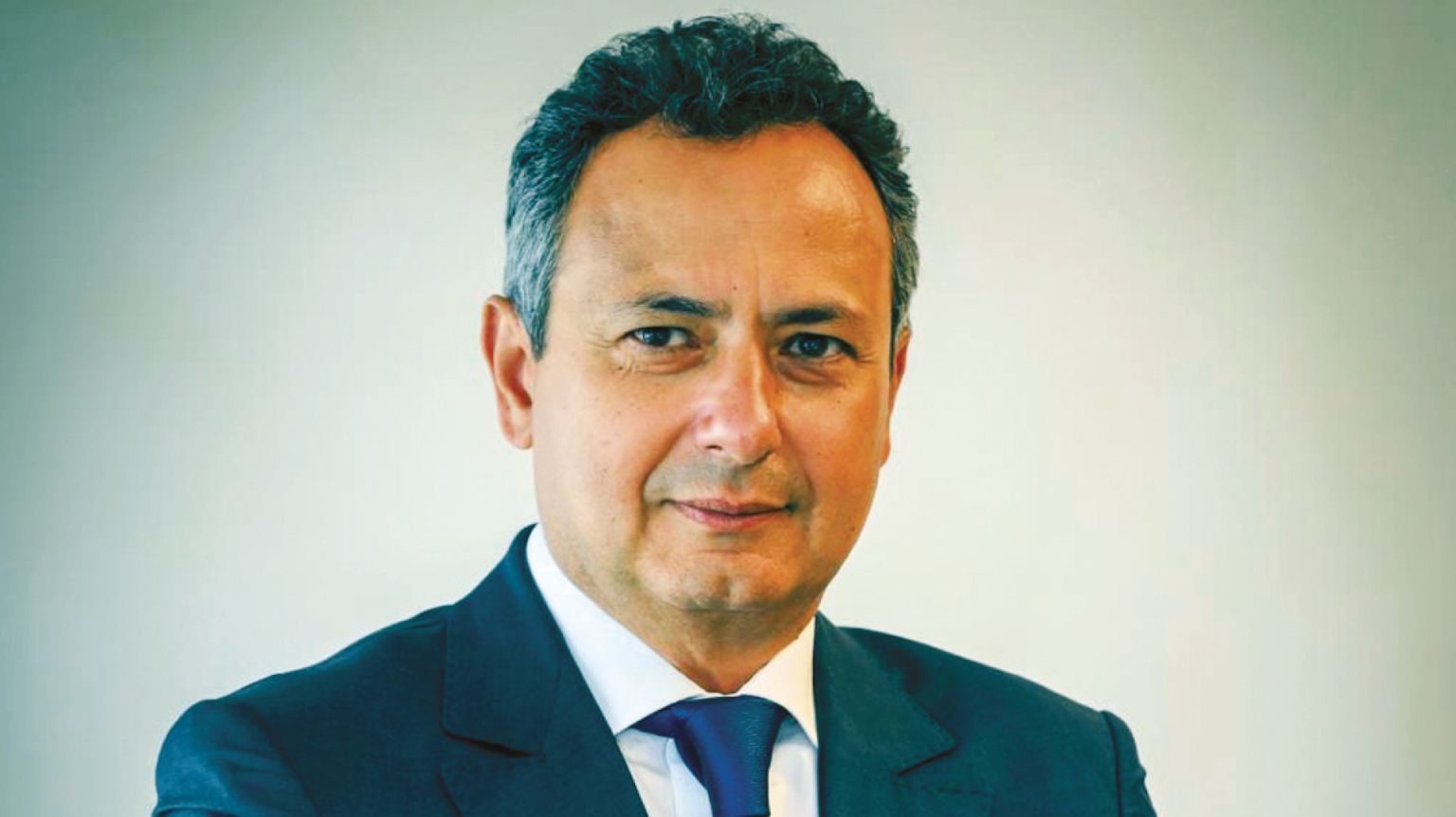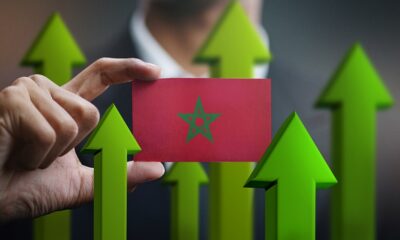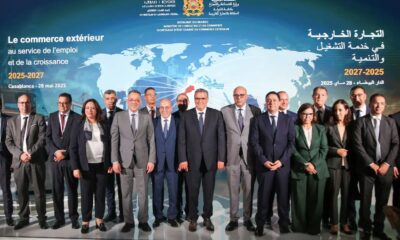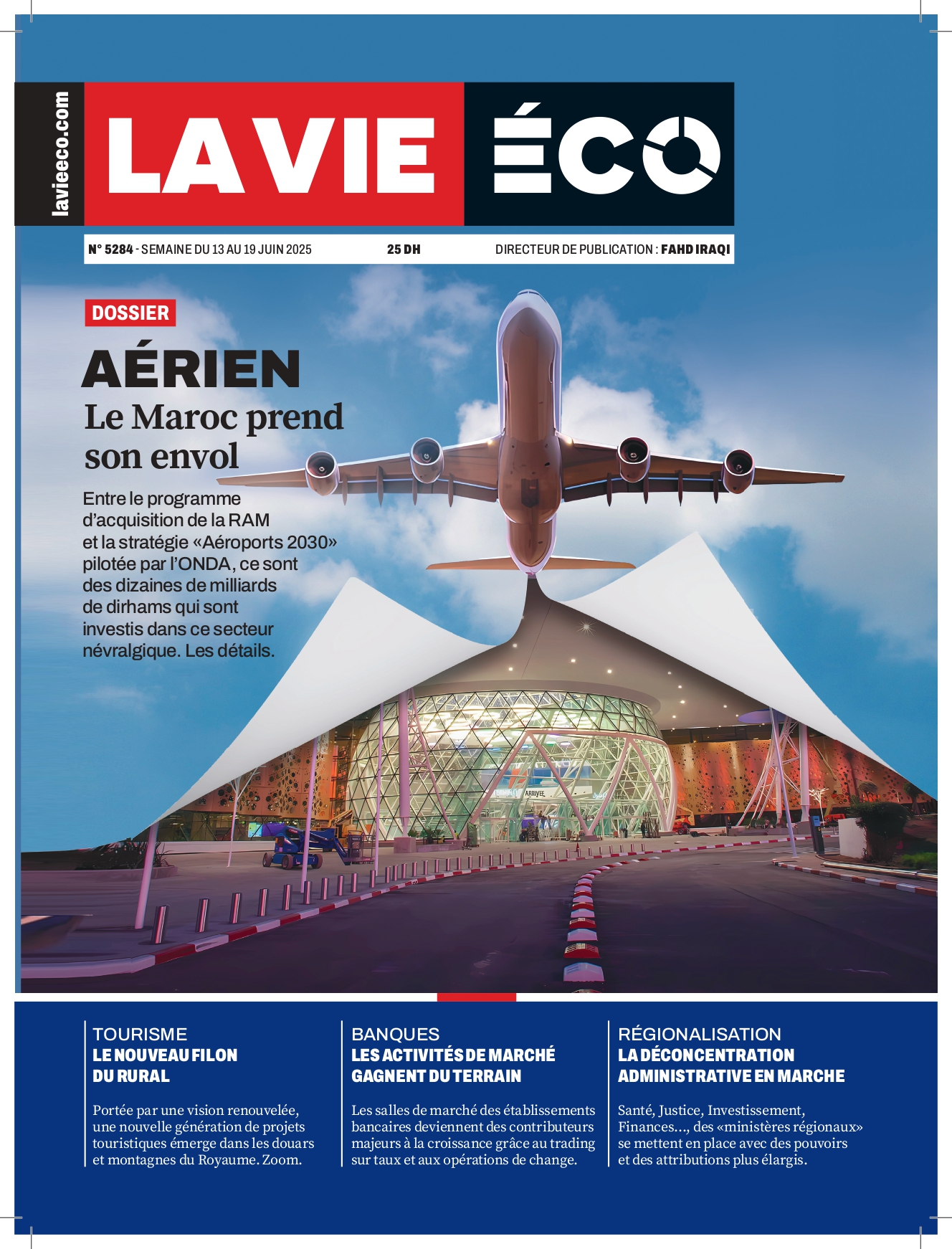Business
Abdeslam Ababou: «The new OPCM law will allow expanding the investment universe »
With CAN 2025 and the 2030 World Cup on the horizon, Red Med Capital plans to double its efforts in financing the economy and supporting Moroccan companies. Insights from its president.

A seasoned investment banker with over thirty years of experience, Abdeslam Ababou explains how the new draft law on OPCVMs will shape asset management in Morocco. In this interview, he also analyzes the Moroccan SME market and comments on the challenges and opportunities that global events hosted in Morocco represent for the national economy.
What is your opinion on the draft law aimed at reforming the regulatory framework of OPCVMs in Morocco?
We welcome this initiative. The AMMC’s approach has been inclusive. During the development of this new legal framework, there were many consultations with stakeholders, such as ASFIM, of which we are a member. We are eagerly awaiting the entry into force of the new law concerning OPCMs, especially because it will allow expanding the investment universe. For example, it will be possible to have funds managing foreign currencies.
National actors will thus be able to compete with international operators and export their services. Concretely, we will be able to collect foreign currency and invest it. I am convinced that much more foreign currency will enter Morocco, which will require us to be even more efficient to face competition.
The new law plans to introduce new categories of OPCVMs dedicated to qualified investors, with a higher risk profile. Another planned innovation: ETFs (Exchange-Traded Funds), which are OPCVMs listed on the stock exchange and replicate a benchmark index. The new regulatory framework also provides for the introduction of participatory OPCVMs.
In short, the new reform, which aligns the regulatory framework of asset management in our country with the best standards, broadens the range of OPCVMs. Consequently, it will offer us the possibility to propose more investment products to investors.
Your group is involved in financing Moroccan SMEs. What is your assessment of this business segment?
First of all, I want to say that I am pleasantly surprised by the depth of the Moroccan SME market. Micro, small, and medium enterprises constitute nearly 95% of our economic fabric. That shows their weight in the national economy.
That said, entrepreneurs need support financially, in governance, and human resource management. Banks play their part by financing SMEs, but these are penalized by their chronic undercapitalization.
Beyond these constraints, it is clear that the growth potential of SMEs is enormous. They can benefit from a huge qualitative leap in human capital. Thanks to government efforts in training, profiles coming from OFPPT, National Education, and engineering schools are better trained.
Today, Moroccan engineers are highly sought after in Europe, Canada, and the Middle East. Added to this is a real « game changer », which is the cost of energy. With the expansion of renewable energies at competitive prices in Morocco, energy costs—which remain prohibitive for many industrial SMEs—will become a crucial competitiveness factor.
Finally, as an investment bank, what are your ambitions for the coming years?
Our ambition as an investment bank is to be more useful to our country by helping companies grow and financing the national economy innovatively. Morocco is heading towards two pivotal events: CAN 2025 and the 2030 World Cup.
In terms of investment, the government is deploying colossal efforts to upgrade several sectors (health, education, infrastructure…).
Banks play a very important role in financing, but the private sector must mobilize more. Financing in Morocco is quite conventional, and we still have the same pockets.
The whole challenge will be to create new pockets of financing in addition to those already existing. In short, these two major sporting events are opportunities for all sectors of activity in our country.









